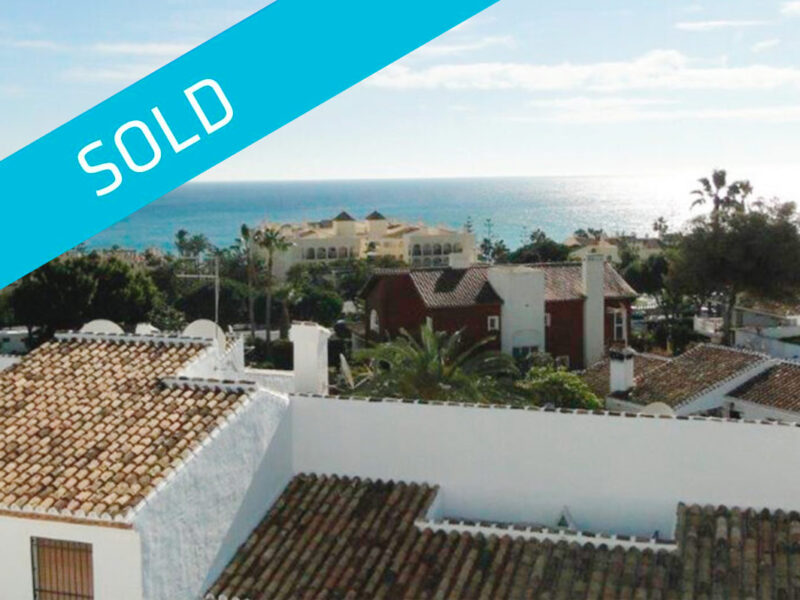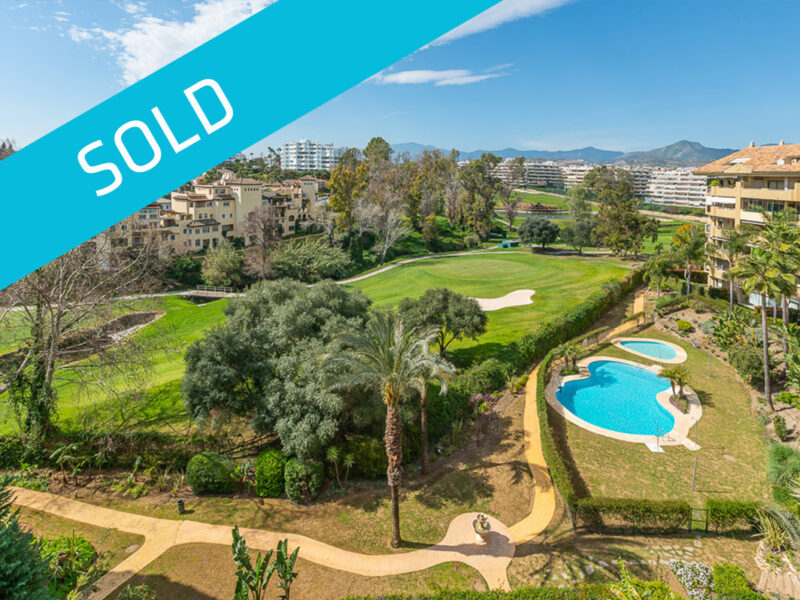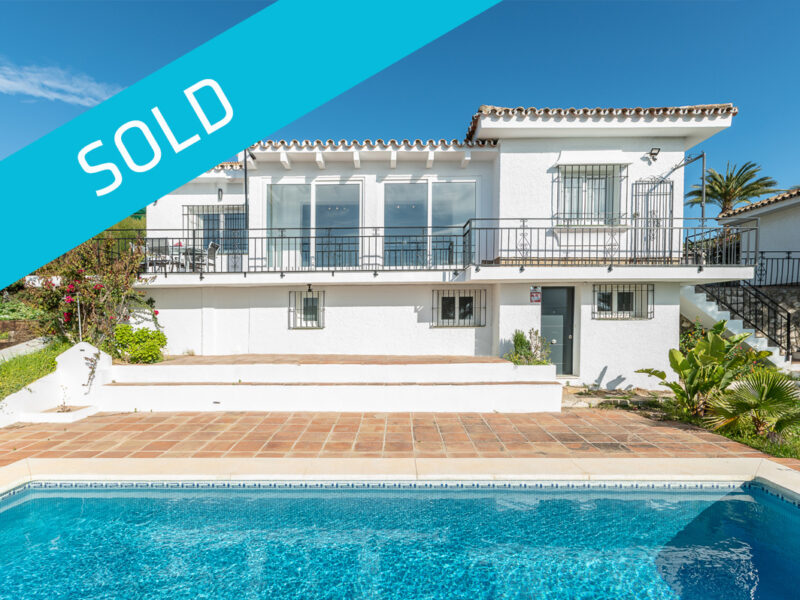Here is our first piece of advice! Do your research before you even start looking at properties.
Question everything and don’t take anything at face value. Take your time and don’t be rushed into making a decision.
We hope that some of the information we offer helps you but if there is something you need to ask don’t hesitate to contact us.








